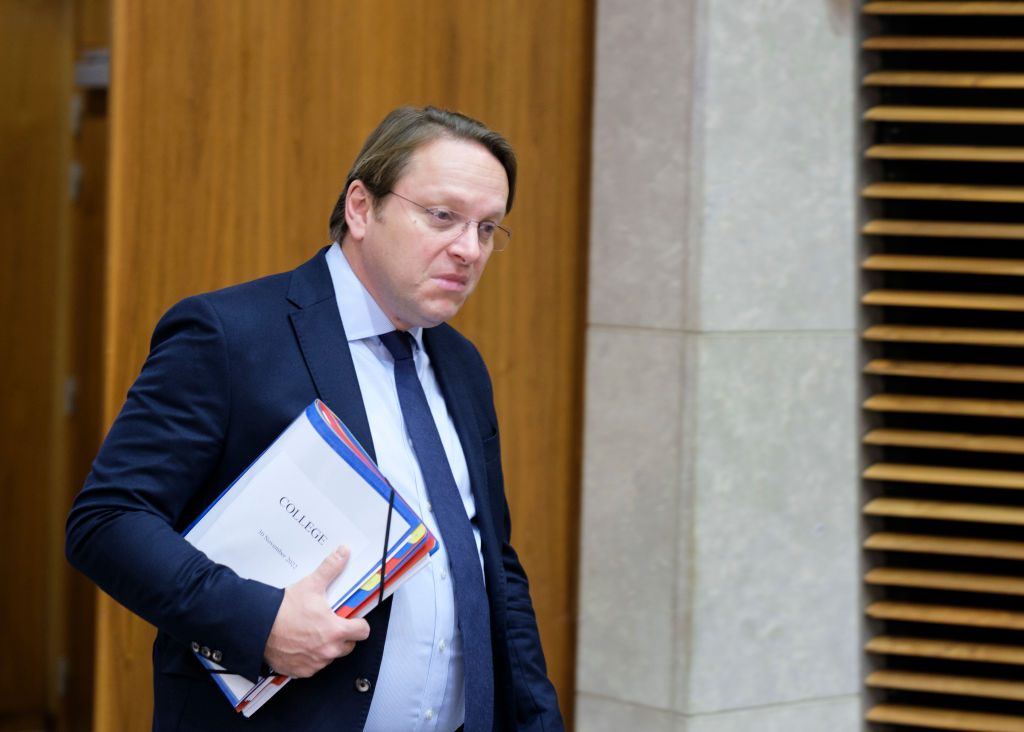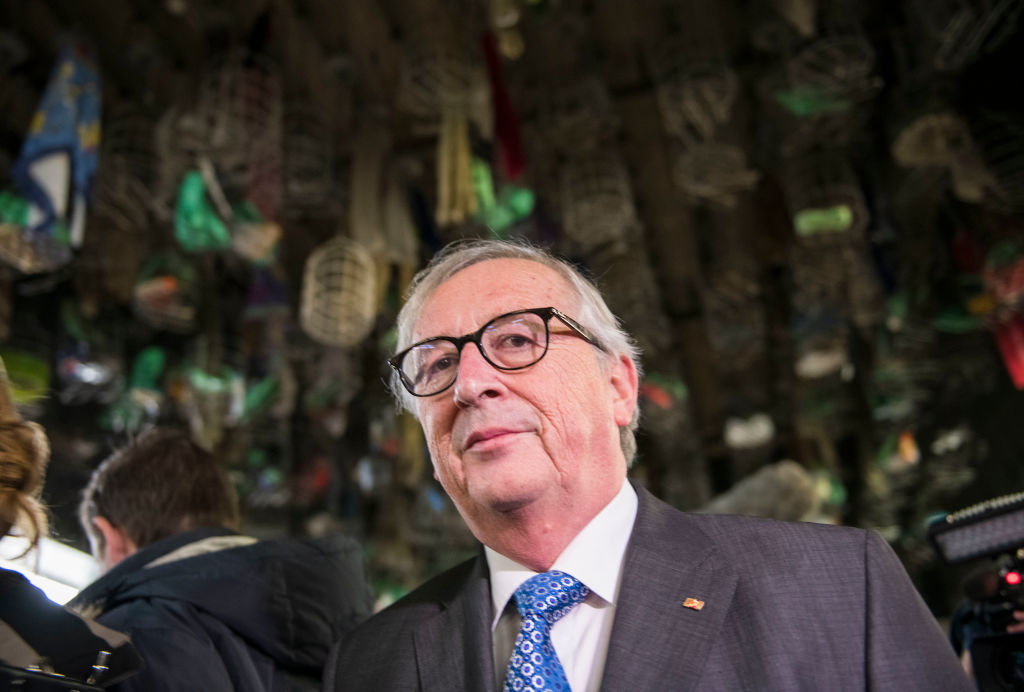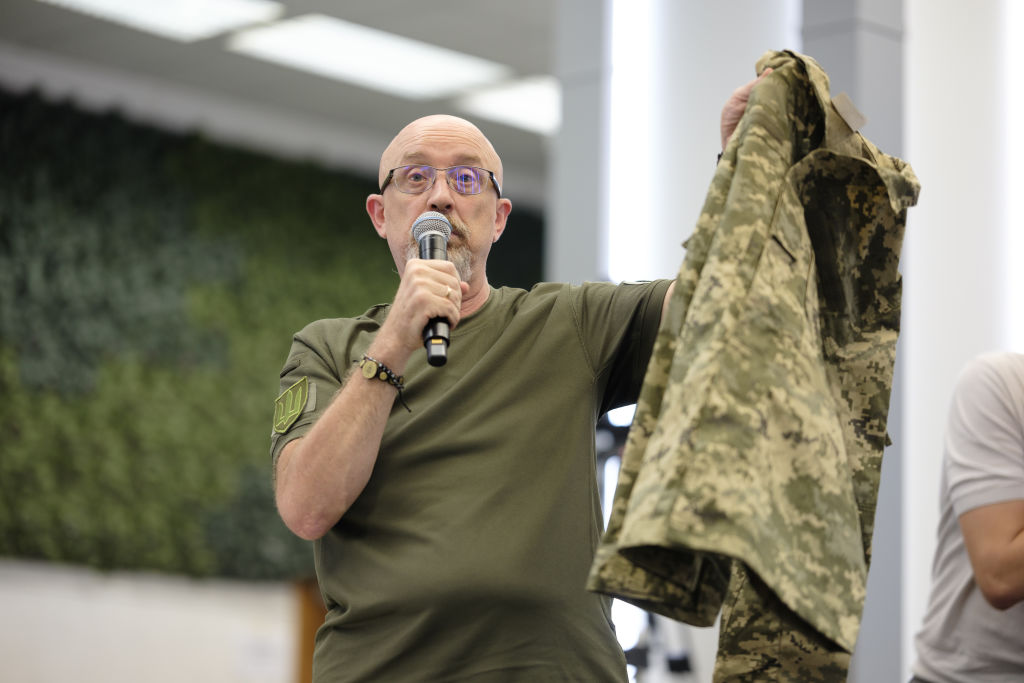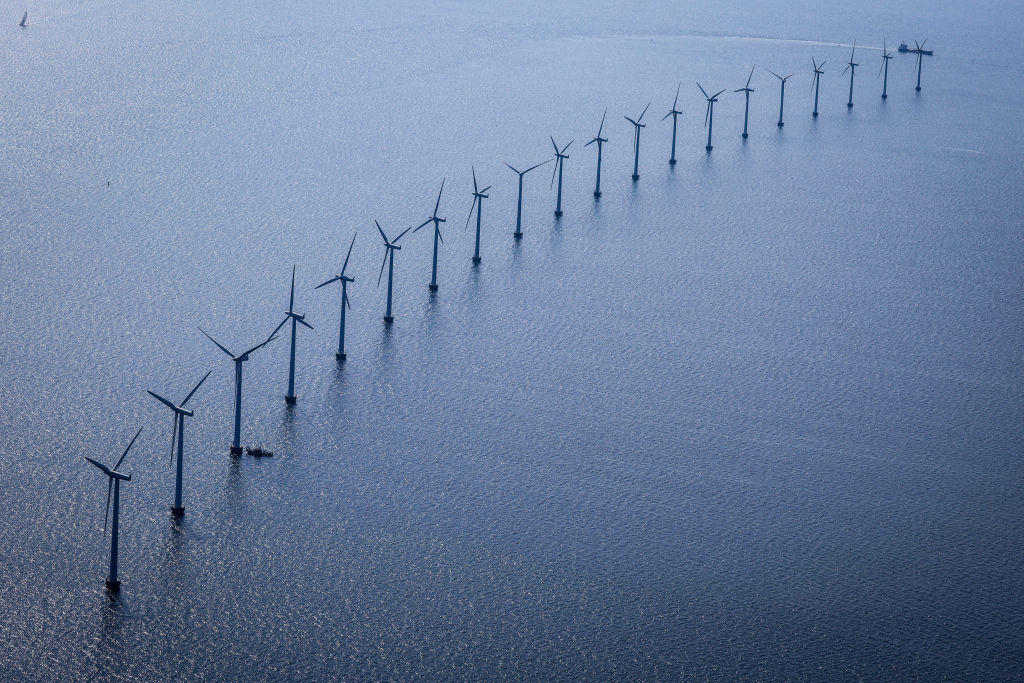Jean-Claude Juncker has warned the European Union against admitting Ukraine to the bloc too fast, claiming the country is “corrupt at all levels of society”.
The former head of the European Commission said during an interview published on October 5 in the German newspaper Augsburger Allgemeine that Ukraine is not ready to become a member of the bloc because of an endemic levels of fraud. He said he felt it would be better to “have some kind of partial accession”.
Juncker even accused the current European administration of making “false promises” to the people of Ukraine “who are up to their ears in suffering”.
“I am very angry at some voices in Europe who are fooling Ukrainians into believing they can join immediately,” he said.
“That would be neither good for the EU nor for Ukraine. Anyone who has had anything to do with Ukraine knows that this is a country that is corrupt at all levels of society.
“Despite efforts, it is unable to join, it needs huge internal reform processes. We have had bad experiences with some of the so-called new members, for example in the area of rule of law. This cannot be repeated.”
The dire warnings from Juncker come at a time when EU elites are pushing for a fast accession of Ukraine into the bloc, with President of the European Council Charles Michel saying on October 4 that the country could join in 2030.
Juncker wants countries such as Ukraine and Moldova to improve their domestic situation and defend European values, “but this should not be connected with the hope that this can be achieved by the push on a button”.
“If progress is made in these countries, whether in Ukraine or the Western Balkans, it should be possible for them to participate in parts of European integration. We should aim to enable something like partial accession, an intelligent form of near-enlargement,” he said.
Juncker also wants to see internal reform, especially regarding foreign policy, where he prefers qualified majority decision-making over unanimity so single countries could no longer veto legislation.
“Europe has been in crisis since I joined the European Council of Ministers in 1982,” he said.
He did point out that the EU has expanded peacefully into Eastern and Central Europe, praising the formation of monetary union and the strengthening of the single market, among other things. The pandemic and the Ukraine war has further united the European front, Juncker added.
“Overall, the EU has proven itself not only as a construct of thought but also as an orderly political interaction.”
He insisted the EU was a “continental success”, admired by the rest of the world.
“So I am not sceptical, but cautious. We just need to start loving each other a bit more in Europe again.”
The relationship with Ukraine is high on the agenda of the two-day Granada Summit starting on October 5. The meeting is taking place ahead of an informal gathering of the European Council.
The discussions are aimed at preparing the EU’s next strategic agenda, a five-year policy plan designed to equip the bloc with renewed general political guidelines and directions.





